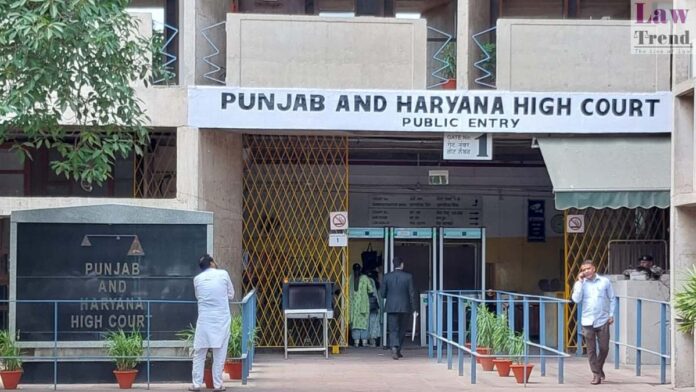The Punjab and Haryana High Court has strongly criticised the Punjab education department for being “oblivious” to the state of schools, flagging the absence of teachers, classrooms, toilets, and basic facilities in primary and middle schools.
Court Slams Govt’s “Oblivious” Attitude
Hearing two petitions concerning the posting of teachers, Justice N.S. Shekhawat pulled up senior officials of the education department, observing that even in a welfare state, the government must keep in mind that the younger generation of Punjab will have to compete in the global market.
“Even in a welfare state, the state government must bear in mind that the younger generation of state of Punjab has to compete in global market in future and the education is not a consumer service,” the court observed.
The bench noted with concern that “it appears that the education of young children is not a priority of the state,” and pointed out that schools lack basic infrastructure, classrooms, toilets, and qualified teachers or head teachers.
Triggered by Petitions from Two Teachers
The court came across the dire state of affairs while dealing with two petitions. The first challenged the authorities’ refusal to relieve a teacher from a middle school in Amritsar despite his transfer order. It turned out he was the only teacher in the entire school.
The second petition was filed by a woman primary teacher contesting her deputation to a Ludhiana school that also had just one teacher. Disturbed by these revelations, the court sought infrastructure details from both schools and referred the matters to the Chief Justice for conversion into public interest litigations (PILs).
Detailed Data Sought from Education Dept
In orders passed on September 22 and 23, Justice Shekhawat directed the state to furnish wide-ranging data on infrastructure gaps. This includes:
- All middle schools with less than five rooms
- Schools with no regular headmaster
- Schools with less than five teachers
- Availability of separate toilets for boys, girls, and staff
- Schools with less than 50 students, and steps taken to improve enrolment
- Availability of clean drinking water, sweepers, and playgrounds
The court has also sought details about teacher availability and classroom infrastructure across the state.
Legal Backdrop: Right to Education
The bench reminded the state that the Constitution guarantees free and compulsory education to all children aged six to fourteen under Article 21-A, inserted by the 86th Amendment in 2002. The Right of Children to Free and Compulsory Education Act, 2009 gives effect to this mandate.
“The central and state governments have concurrent responsibility for providing funds for carrying out the provisions of this Act,” the court underlined, adding that the government must act “bearing in mind that destiny of a nation rests with its youths.”
Although the court’s orders were passed in late September, it noted that suo motu proceedings are yet to be initiated.




